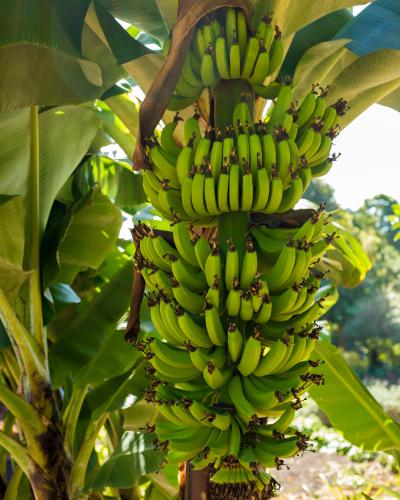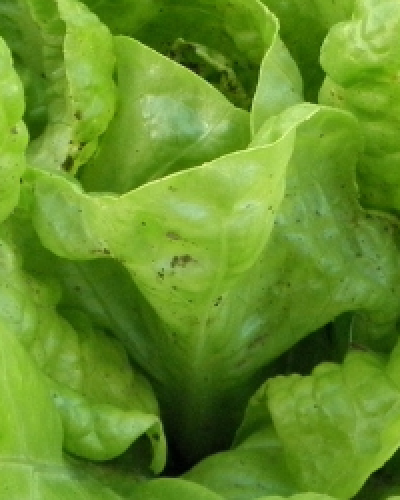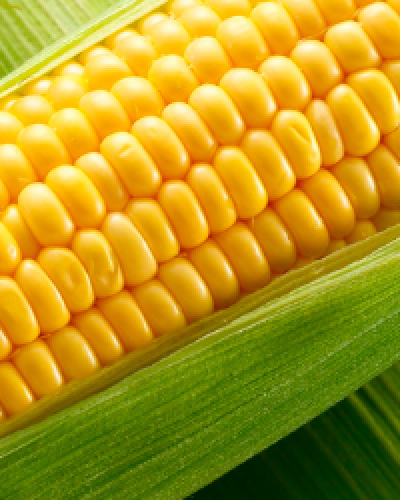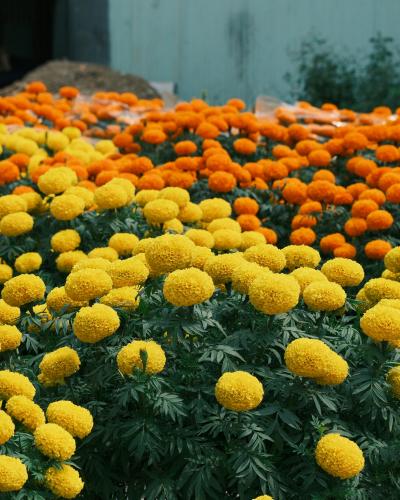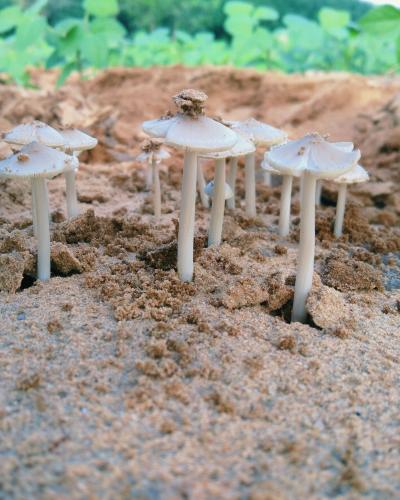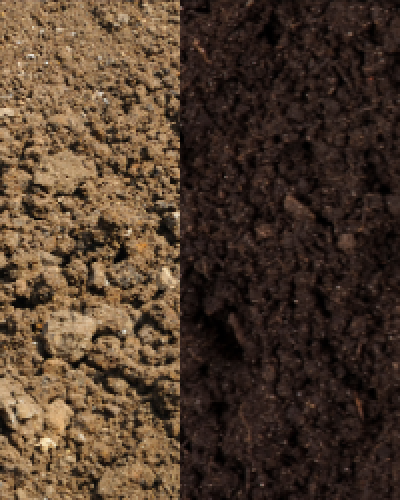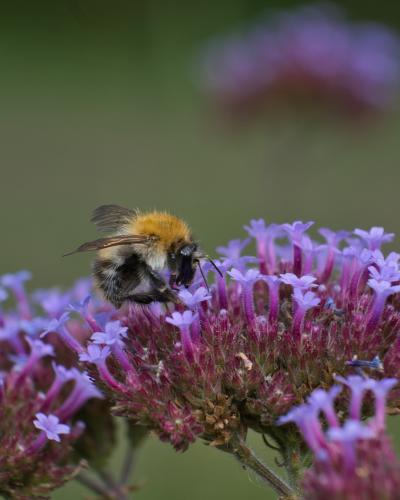Though herbicides like glyphosate are widely used in the conventional production of bananas, their long-term impacts on soil...
Aug 20, 2025
A recent study investigating practices in managing powdery mildew has found that a combination treatment effectively controls...
Aug 06, 2025
A new study published in Soil & Tillage Research highlights the beneficial role of a specific soil fungi, arbuscular...
Jul 16, 2025
A 2025 study published in Environmental Health provides some of the strongest evidence to date that glyphosate and glyphosate-based herbicides (GBHs) pose a significant cancer risk. The research...
Apr 28, 2025
Organic practices in greenhouse tomato operations significantly reduce pest populations while maintaining comparable yields...
Apr 11, 2025
Soils on organic farms host more diverse...
Jan 17, 2025
A recent study published in the Soil Science Society of America Journal found that adding organic matter, like compost or manure, can enhance soil health and carbon storage by boosting...
Jan 09, 2025
A recent study published in Frontiers in Sustainable Food Systems found that maintaining and restoring habitat complexity in agricultural landscapes and on the farm can significantly improve...
Nov 25, 2024
Scientists have long established a critical link between biodiversity decline and human well-being. A recent study published in Science shows the link between agrichemical use, bat-die off, and...
May 31, 2024
On farms, chemical application changes the biophysical cues that plants use to attract pollinators, according to a recent British study. Spraying flowers with synthetic fertilizer, altered their...

